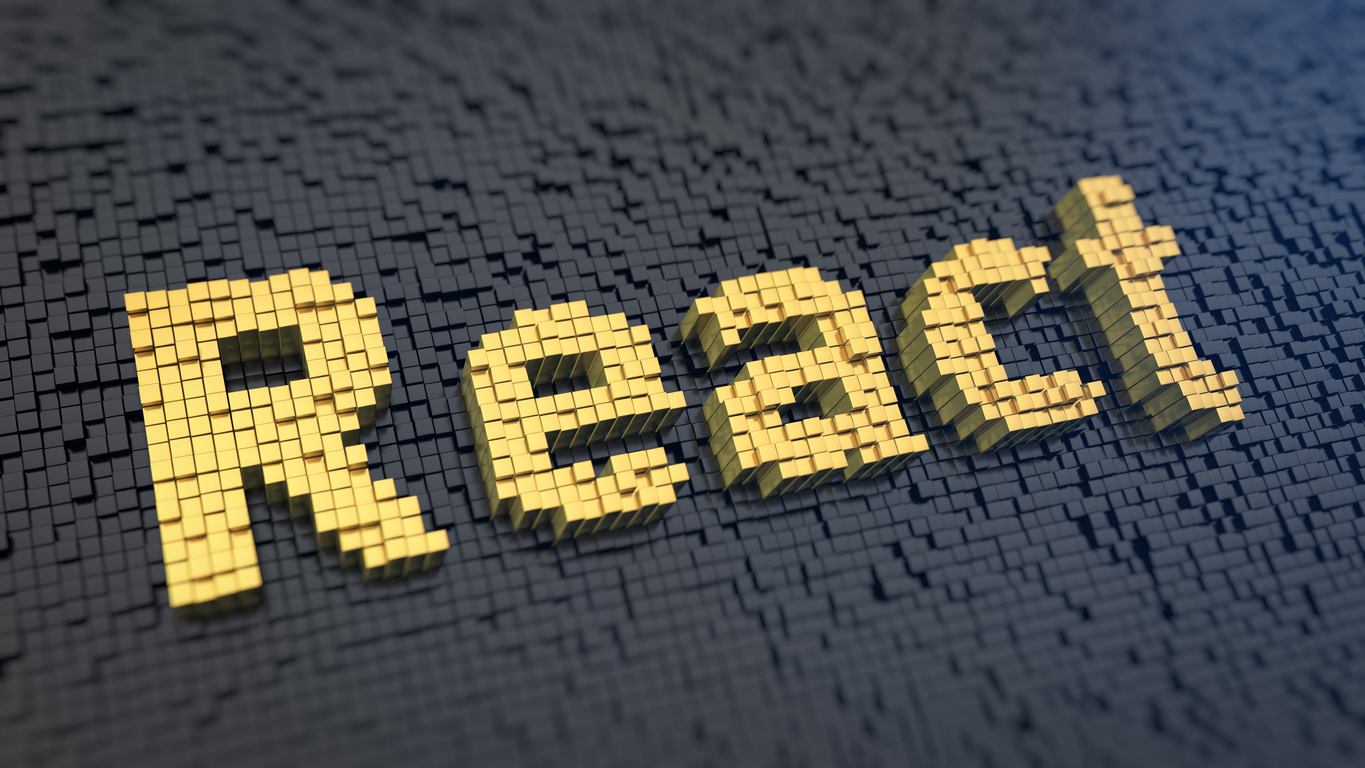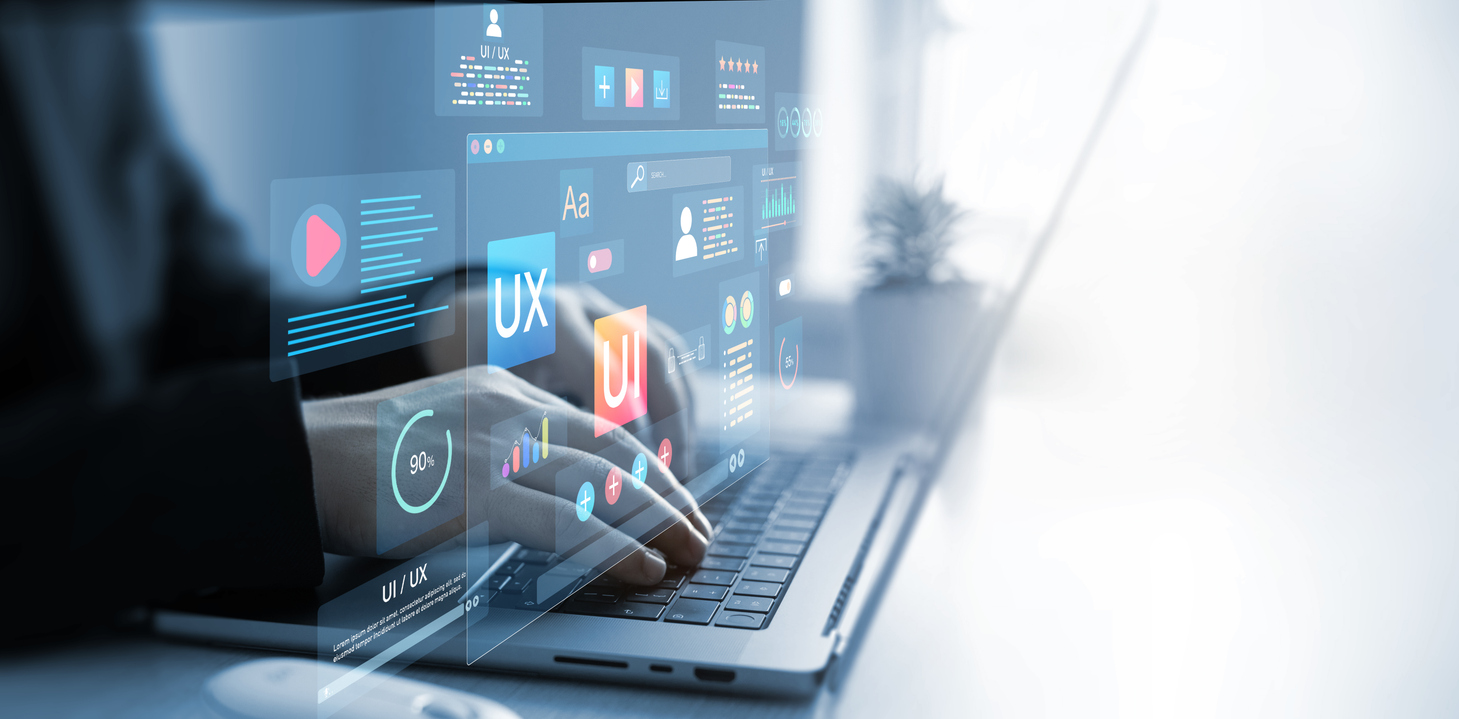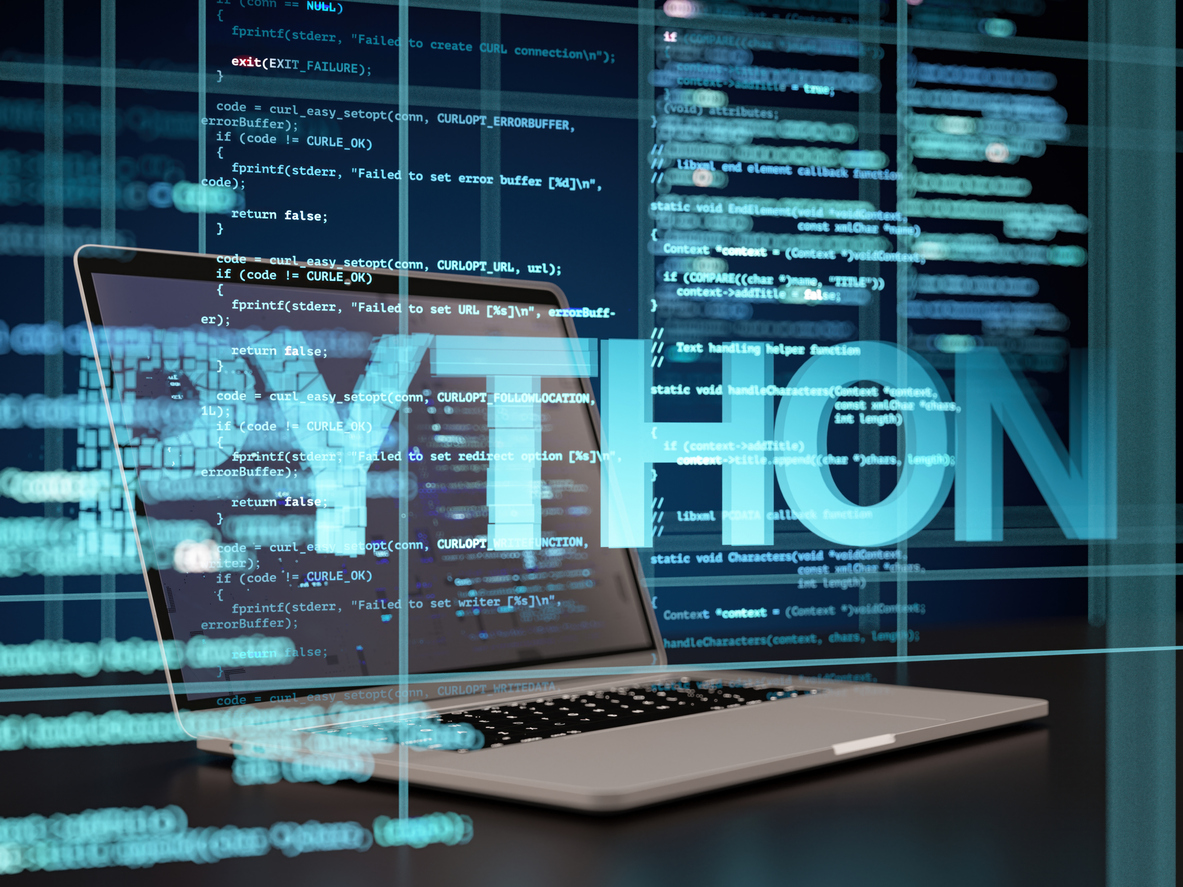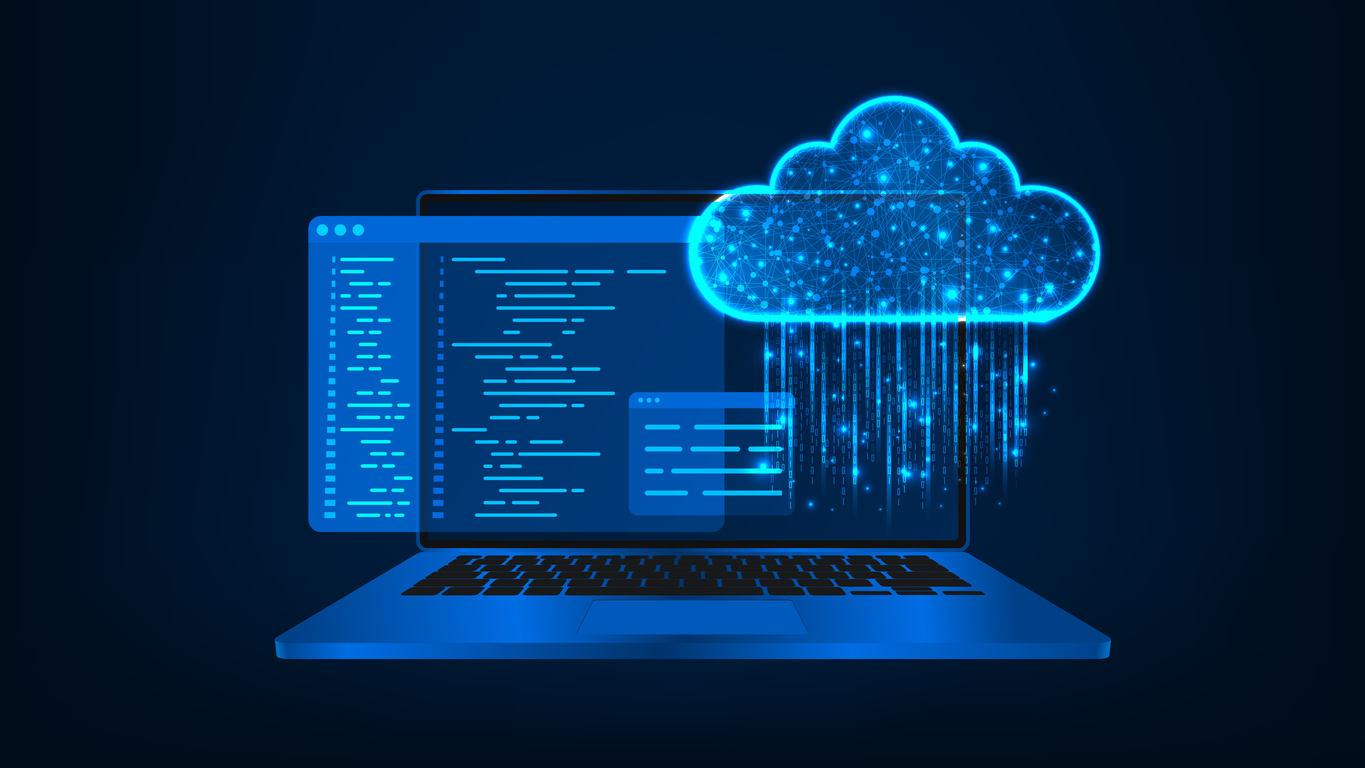Business. Tech. Life. Stories and news worth sharing
-
 February 6, 2026Read in 12 min.
February 6, 2026Read in 12 min.Top 10 React development companies: Architecting high-performance digital products
Top-rated React development companies for your next project. Our expert guide analyzes the best React JS web development agencies on performance, scalability, and tech standards -
 February 3, 2026Read in 24 min.
February 3, 2026Read in 24 min.Web application development companies: How to choose the right partner
Find the right web app development company. Explore services, technologies, engagement models, and 10 expert tips for choosing your strategic development partner. -
 February 3, 2026Read in 11 min.
February 3, 2026Read in 11 min.Top 10 Python Development Companies
Looking for a top Python development company? Compare the industry's leading Python software development agencies. Get insights on pricing, expertise, and how to hire a Python development firm that scales your business. -
 January 27, 2026Read in 15 min.
January 27, 2026Read in 15 min.Top cloud application development companies you should follow
Best Cloud Application Development companies for your project. Compare expertise in AWS, Azure, & GCP. See client reviews, specialization, and costs for top Cloud-Native firms -
 January 23, 2026Read in 21 min.
January 23, 2026Read in 21 min.Dedicated development team model: Definition, benefits, and nuances
Scale your product fast with a Dedicated Development Team. Compare DDT vs. outsourcing, analyze costs, and get a management blueprint for success. -
 January 21, 2026Read in 15 min.
January 21, 2026Read in 15 min.Best energy software development companies to partnership
Top 10 energy sector software development leaders. Learn how to choose the right partner for your renewable energy software project. -
 January 19, 2026Read in 8 min.
January 19, 2026Read in 8 min.The Low-Code Revolution in Oil & Gas: Accelerating Digital Transformation
From real-time well monitoring to automated safety permits - see how low-code applications drive operational efficiency and ESG compliance in the energy sector’s volatile market. -
 January 19, 2026Read in 15 min.
January 19, 2026Read in 15 min.Top 10 desktop application development companies to watch
Compare the world’s best desktop development firms. From legacy modernization to high-performance C++ and cross-platform Electron apps, find your perfect vendor here. -
 January 19, 2026Read in 20 min.
January 19, 2026Read in 20 min.Top SaaS development companies to follow in 2026
Compare the top 10 SaaS development companies for 2026. Discover the best tech stacks, pricing models, and agencies to scale your MVP -
 December 24, 2025Read in 10 min.
December 24, 2025Read in 10 min.Custom software development company in Miami: Services, expertise, and the development process breakdown
Miami's premier custom software partner for enterprise-grade applications. We specialize in fintech, healthcare, and scalable cloud systems. Innovate with Miami experts.
Contact us

Daryna Chorna
Customer success manager
